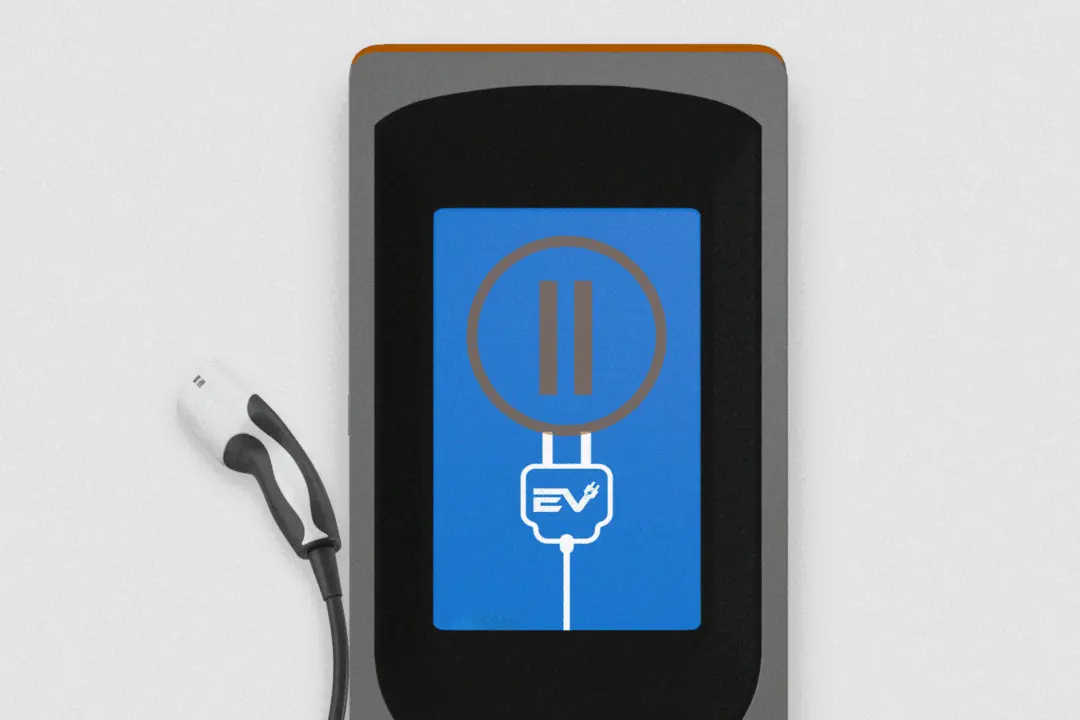The rich and powerful gathered in Switzerland once again for the 54th annual meeting of the World Economic Forum (WEF) under the theme of “rebuilding trust.”
This year’s summit includes nearly 3,000 corporate and government leaders from 120 countries. The American delegation will include U.S. Secretary of State Antony Blinken and national security adviser Jake Sullivan.





